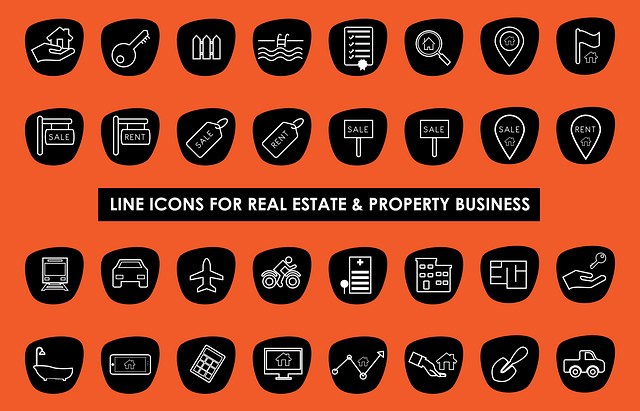In the competitive real estate market, ethical conduct is vital to protect buyers and sellers from scams and harm. Both consumers and regulatory bodies must stay vigilant, with strategies including licensing, transparent disclosures, dispute resolution, education, and technology. Open communication, market knowledge, and empowered decision-making through legal counsel and accessible resources are key to preventing unethical practices in real estate transactions.
In the dynamic landscape of real estate, consumer protection is paramount. This article explores strategies to safeguard buyers and sellers from unethical practices prevalent in the industry. We delve into identifying red flags, highlighting crucial steps for enhanced consumer protection. Additionally, we focus on promoting transparency and educating stakeholders through innovative measures. By implementing these guidelines, the real estate market can foster trust, ensuring a secure and ethical environment for all participants.
Identifying Unethical Practices in Real Estate Transactions

In the realm of real estate, consumers are often exposed to various practices that could be considered unethical. Unscrupulous agents or brokers might employ deceptive tactics such as misleading information about property conditions, hidden fees, or even fabricating details to push a sale. These practices can have severe consequences for buyers and sellers, leading to financial loss and a detrimental impact on trust in the industry.
Identifying these unethical practices requires vigilance from both consumers and regulatory bodies. Consumers should thoroughly research agents’ credentials, read reviews, and seek second opinions. Staying informed about market trends and common scams specific to real estate can help individuals spot red flags. Additionally, being transparent and open during negotiations is vital; seeking legal counsel when necessary ensures that all transactions are above board and protects consumers from unfair or deceptive Real Estate practices.
Implementing Consumer Protection Measures

In the competitive and often complex real estate market, implementing robust consumer protection measures is paramount. These safeguards are designed to ensure fairness, transparency, and security for both buyers and sellers. Key protective measures include stringent licensing and regulation of real estate professionals, mandating clear and accurate disclosures from agents and brokers, and establishing independent dispute resolution mechanisms.
Additionally, educating consumers about their rights and responsibilities through awareness campaigns and providing accessible resources can empower them to make informed decisions. In the digital age, technology also plays a pivotal role in consumer protection by enabling secure online transactions, facilitating transparent record-keeping, and offering efficient channels for reporting and addressing complaints related to real estate practices.
Promoting Transparency and Educating Buyers & Sellers

In the realm of real estate, promoting transparency is a powerful tool to protect consumers from unethical practices. By fostering open and honest communication between buyers and sellers, potential scams and misleading information can be easily identified and avoided. Educating both parties on market trends, pricing dynamics, and legal obligations ensures that every transaction is fair and secure. Real estate agents and brokers play a crucial role in this process by providing clear explanations of procedures, terms, and conditions.
Educated buyers and sellers are better equipped to navigate the complex landscape of real estate deals. They can scrutinize contracts, understand hidden costs, and recognize signs of fraudulent activities. Regular updates on industry best practices and legal reforms empower consumers to make informed decisions. This knowledge allows them to protect their interests, ensuring that every step of the buying or selling process remains transparent and ethical.






